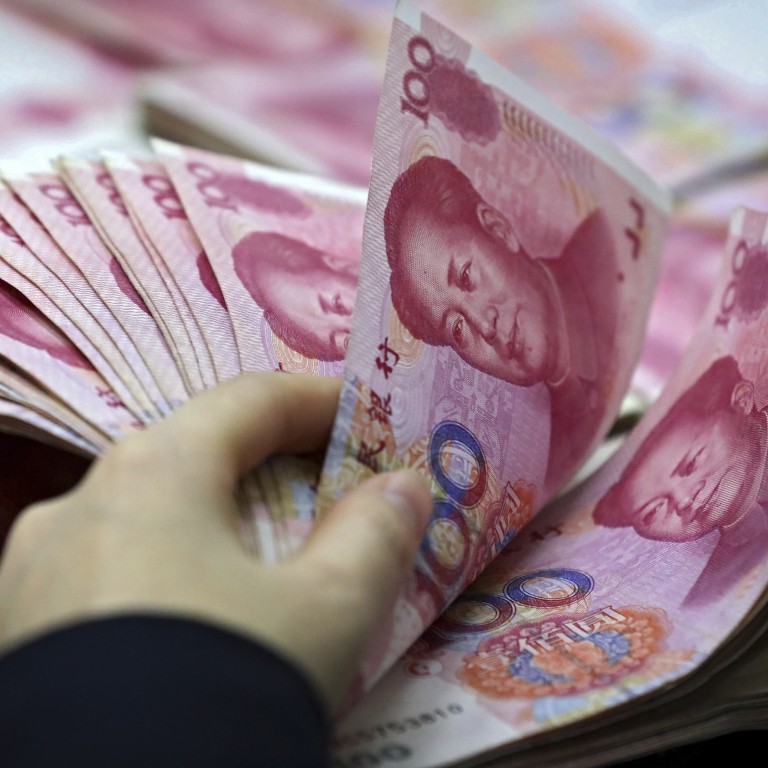
New rule, shadow banking crackdown will increase Chinese banks’ non-performing loan ratios, warns Alvarez & Marsal
- New ‘window guidance’ requires loans to be reclassified as non performing after 60 days without payment, more stringent than the 90-day rule in Europe
New regulations that require mainland banks to recognise problematic loans earlier than their international peers are putting upward pressure on non performing loan (NPL) levels at the same time that a clampdown on illicit credit is underway, according to restructuring and turnaround specialist Alvarez & Marsal.
Ronald Thompson, managing director for Alvarez and Marsal Asia, noted that the bad-loan measure among Chinese banks had improved recently, easing to 1.8 per cent in the first quarter from 1.83 per cent at the end of December.
However, he cautioned the NPL ratio could deteriorate and trend higher given the tighter liquidity conditions faced by private companies in recent years.
“Many of these private companies are using shadow bank loans as a bridging loan until they get the next bank loan. If the amount of shadow banking assets, which totalled 61.3 trillion yuan (US$8.87 trillion) – about 24 per cent of bank’s total asset – is being shrunk, liquidity to privately-owned companies is drying up and this is hurting them,” said Thompson.
Pressure on China’s banks to report bad debt is good news for foreign investors
Thompson did not provide details on the specific regulatory action being taken to curb shadow banking. In recent years regulators have clamped down on peer-to-peer lending platforms, an illicit funding avenue that had supported small businesses blocked from souring bank loans.
Thompson said earlier this year “window guidance” from China’s banking regulator forced banks to recognise corporate loans more than 60 days overdue as non performing.
The rule is more stringent than the 90-day overdue definition used in some banking jurisdictions in Europe. The 60-day rule requires mainland banks to reclassify the loan and set provisions 30 days earlier than would be done under the 90-day rule.
Thompson said that he expects the 60-day “window guidance” to become a nationwide official policy in future.
“The proposed amendment, if implemented, will be expected to increase the NPL ratios significantly,” he said.
High NPL ratios would reduce a bank’s equity cushion, raising the risk it may breach regulatory capital ratios.
Thompson said mainland banks would be pressured to expedite their NPL resolution, which could be done through loan restructuring, or the sale of impaired asset to third parties.
Alvarez & Marsal estimates 14 billion yuan has been channelled into China’s NPL market by foreign investors since 2015. Still, this amounts to less than 1 per cent of the NPL balance among Chinese commercial banks, which stood at 2.16 trillion yuan in the first quarter of this year.
The firm said it has seen growing interest from foreign investors specialised in distressed debt opportunities in China. Thomson said firms such as Blackstone, Oaktree, PAG, Goldman Sachs, and Lonestars were among those expressing interest in the event credit distress in China widens.

